Keywords: World Political Authority
-
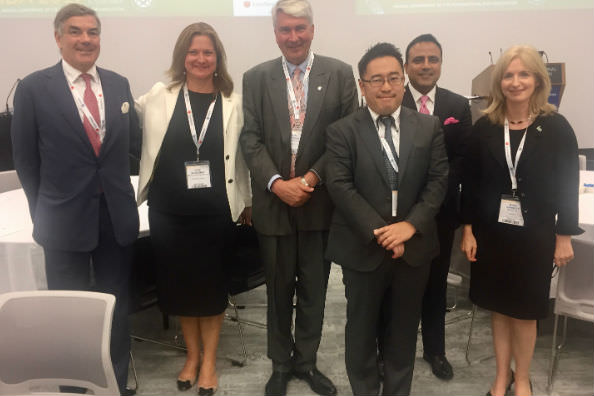
INTERNATIONAL
- Frank Brennan
- 12 October 2017
In the 16th century it was the Dominican friars like Vitoria, Las Casas and Montesino in Salamanca who confronted the state and challenged public opinion about the rights of the indigenous peoples in Spain's newly colonised lands. Not even the most nostalgic and forgiving Jesuit would opine that the modern practitioners of Morality with a capital M challenging the powers of the market and the state would be found in a modern monastery.
READ MORE
-
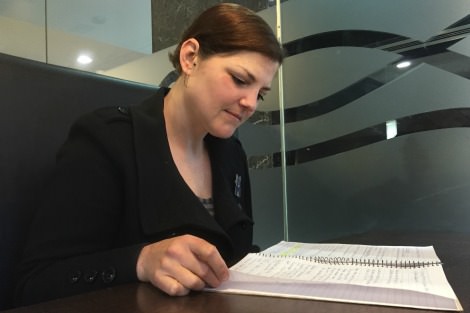
AUSTRALIA
- Kate Mani
- 12 September 2017
6 Comments
This Thursday will mark 70 years of Australian peacekeeping with a commemorative service and dedication of a new peacekeeping memorial. Dr Rosalind Hearder believes stereotypical perceptions of war and peace can leave Australians with a misguided understanding of peacekeeping. 'It's not the same experience as combat. But that doesn't mean it is easier. The long-term effects can still be damaging.'
READ MORE 
-
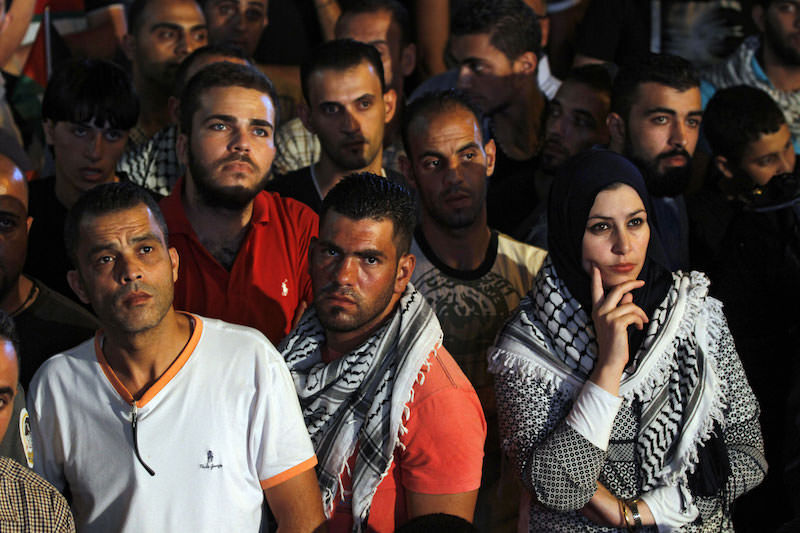
INTERNATIONAL
- Na'ama Carlin
- 20 July 2017
22 Comments
Speak out against Israeli policies towards Palestinians and you are betraying fellow Jews. This narrative is common, and we see it today in relation to human rights organisations in Israel. It is not new. The same thing occured decades ago, when scholar Gershom Scholem accused Hannah Arendt, the author of Eichmann in Jerusalem, of lacking 'love of the Jewish people'.
READ MORE 
-
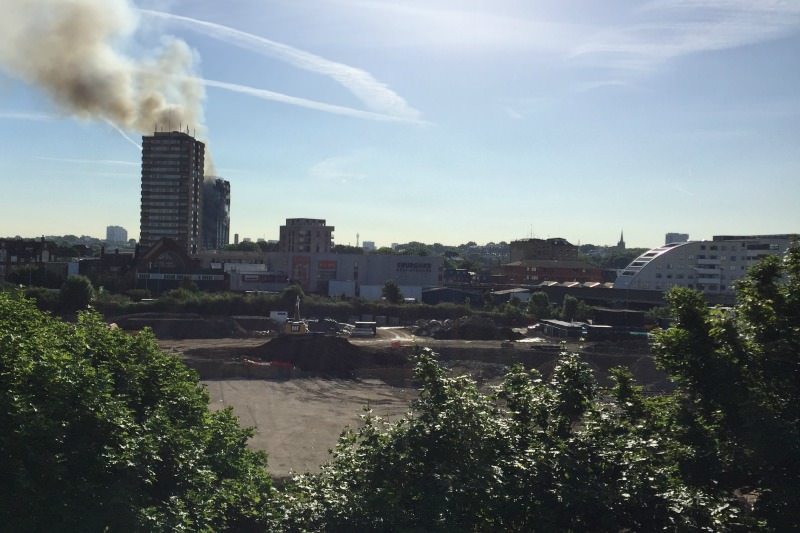
INTERNATIONAL
The Lancaster West Estate, which contains Grenfell Tower, is among the top ten per cent of the most deprived areas in England, but is located within the wealthiest local authority. As a former resident of the area the disaster has validated what I knew all along: that events such as these bring out both the best and the worst in people, and that this little corner of West London is a microcosm for greater society and an increasingly unequal world where the poor suffer while the rich increasingly prosper.
READ MORE 
-

AUSTRALIA
- Frank Brennan
- 13 June 2017
1 Comment
This evening, we come together deliberately as people of diverse faiths and none, affirming the blessing of life in an inclusive country where all world views are to be respected. We are able to affirm that our spiritual lives sustain and strengthen our public lives and the vitality of the polis. Our Muslim hosts show us how to give thanks reverently for all the blessings of life, and how to attest publicly the spiritual dimension of all human life. Those of us who are migrants or descendants of migrants need to be particularly attentive to the yearnings and aspirations of those Australians who rightly claim an indigenous heritage with ancestors who have thrived on this continent for up to 60,000 years.
READ MORE
-

RELIGION
- Frank Brennan
- 17 May 2017
As the Church of 2030, we need to be more attentive to the contemplation of believers and our experience of spiritual realities, as well as the preaching of the church. Pope Francis has no time whatever for the notion of the Church as a perfect society. But, there is no way that Francis wants to abandon the ideals and the commitment to truth and justice so well exemplified by his predecessors John Paul II and Benedict.
READ MORE
-
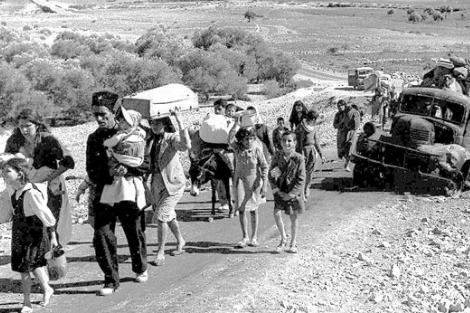
AUSTRALIA
On 15 May, Palestinians and our allies all over the world commemorate the Nakba. In Arabic, Nakba means 'catastrophe', and it refers to the violent displacement of Palestinians that began in 1948. Growing up in Palestine, I know that while the Nakba started in 1948, Palestinians have been living under a continuous Nakba since then: the Nakba didn't end, it's ongoing. For me, the Nakba is when a foreign regime determines my and my family's movements on a land we lived on for generations.
READ MORE 
-

RELIGION
- Frank Brennan
- 08 May 2017
1 Comment
Our Church is presently a strained, outdated social institution with an exclusively male hierarchy and clergy. But it is also the privileged locus for us to be called to the banquet of the Lord sharing theology and sacrament which have sustained the hearts and minds of similar pilgrims for two millennia. Thank God for Pope Francis who is showing us the way, helping us to find meaning in our changing and chaotic world, putting a fresh spring in the step of all those Catholics holding in tension the prophetic and the practical, the theological and the humanist, the tradition and the contemporary reality.
READ MORE
-
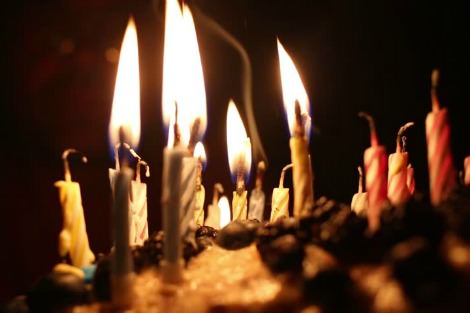
AUSTRALIA
Friday 5 May is the 25th birthday of the introduction of mandatory detention in Australia by the Keating government. It is by no means a 'happy birthday'. Rather it is a sombre reminder of how control, power and political vilification can be used for political ends. There are now more sections in the Migration Act dealing with statutory bars, mainly directed at asylum seekers, than the total number of sections in the whole of the Immigration Restriction Act of 1901.
READ MORE 
-
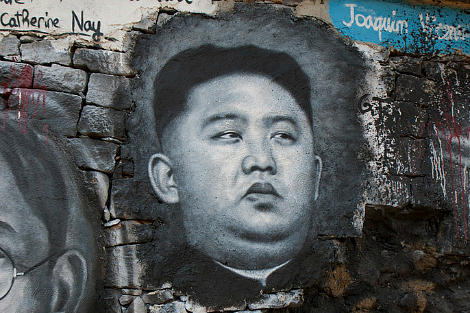
INTERNATIONAL
- Binoy Kampmark
- 19 April 2017
6 Comments
A truculent rogue in the White House fumes at an upstart rogue in Pyongyang, both fumbling away in the kindergarten of blunder and realpolitik. How do they measure up in the stakes of rogue behaviour? Even conservative commentators such as Samuel Huntington noted in 1999 that the US is 'in the eyes of many countries ... becoming a rogue superpower'. International law, for the bomb-heavy bully, is a convenient moral reference when needed, but is avoided like a leper when it becomes an impediment.
READ MORE 
-

RELIGION
- Frank Brennan
- 17 February 2017
3 Comments
The commission's forensic scrutiny of past actions of church officials in no way constitutes an interference with the freedom of religion. Its spotlight is to be welcomed, provided only that it is shone on a truly representative sample of all institutions which have been found wanting and provided the same light filter is applied to all institutions. I do however have a problem with the commission making findings on issues like the want of compassion when those findings are made only against a Church.
READ MORE
-
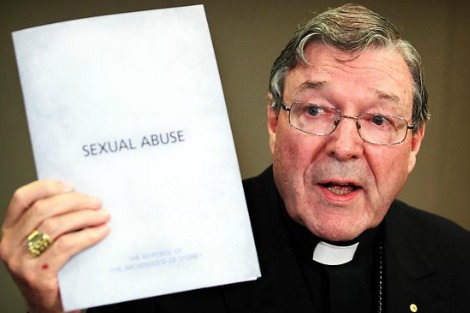
RELIGION
- Frank Brennan
- 13 February 2017
74 Comments
Last Monday, the Royal Commission commenced its three-week forensic examination of the causes of child sexual abuse and cover up in the Catholic Church in Australia over the last 60 years. The statistics were horrifying. Every case represented a person who claims as a child to have been abused by a person of authority in a Catholic institution. Whichever way the statistics are interpreted in comparison with other institutions, they are appalling. We need to hold the victims clearly in focus.
READ MORE 